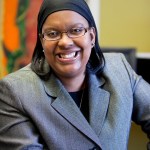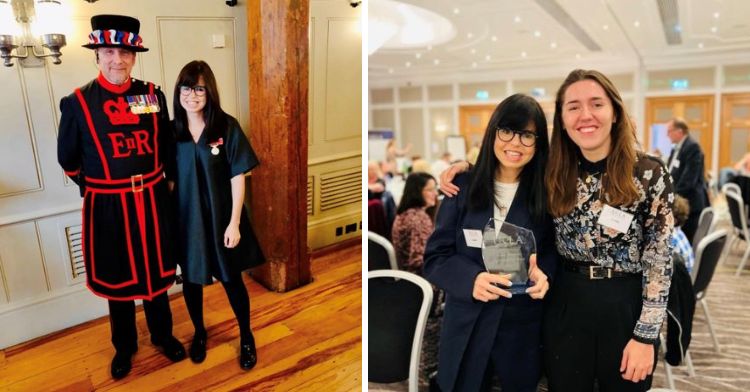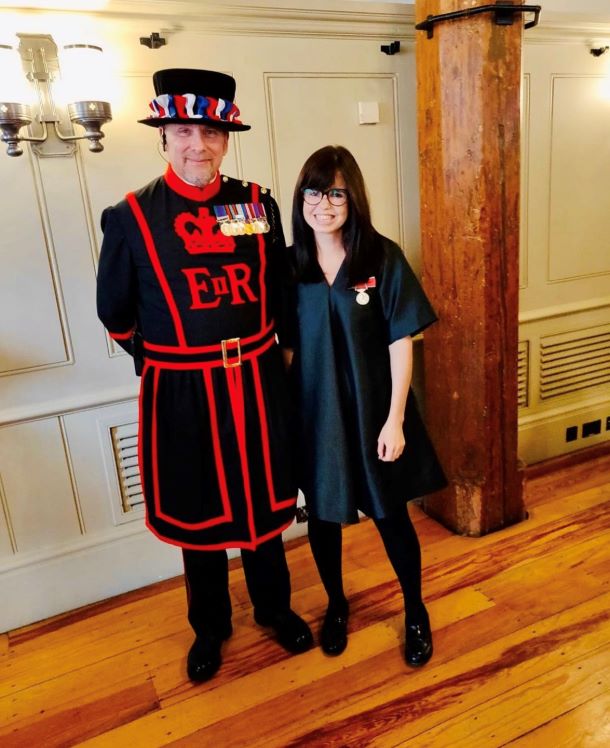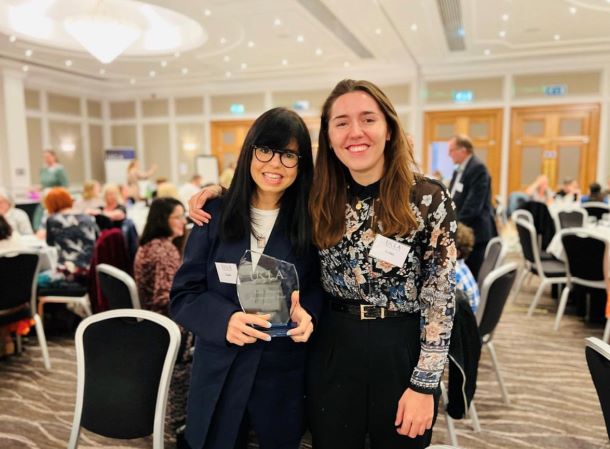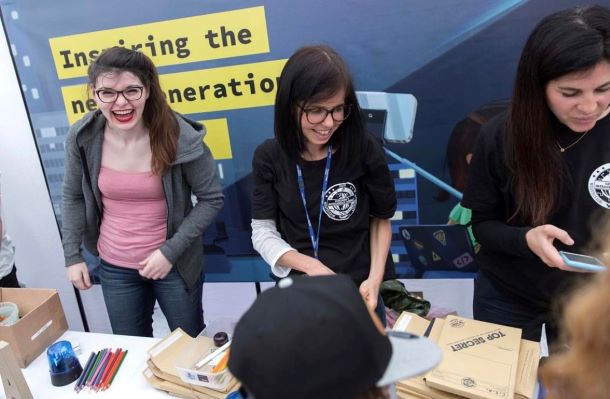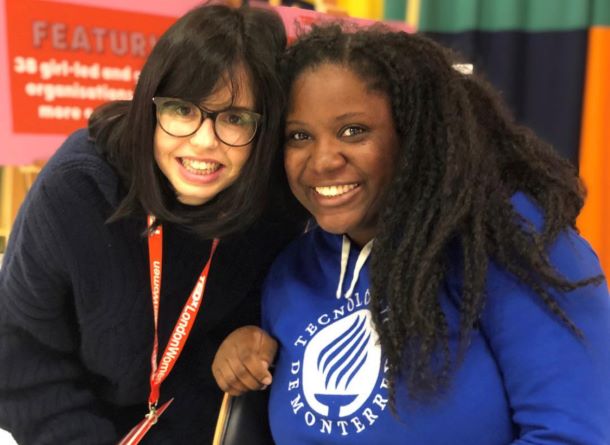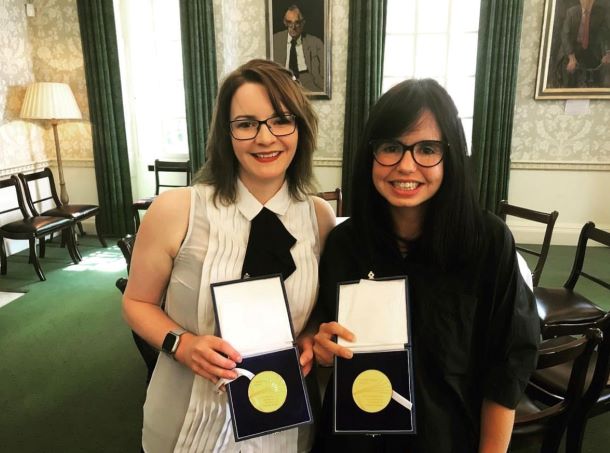Sometimes the world really does pass you by. When your hard work goes unnoticed or your accomplishments are not shared, you can feel like your work has no legacy.
Thanks to the efforts of one physicist, this will not be the case for some historically underrepresented women and minority scientists. Dr. Jessica Wade has written over 1,700 articles for Wikipedia to not only celebrate the accomplishments of these women but to encourage youth to pursue careers in STEM (science, technology, engineering, and math).
“When I woke up on January 1, 2018, I figured I’d set myself a challenge: one page about an awesome underrepresented group working in science and engineering every day that year,” Jessica told Diff.
She did just that and more.
Jessica’s work as a scientist has been honored internationally. In 2018, the London-based physicist was recognized by the royal family and awarded the British Empire Medal. Her research has specifically been helpful in advancing digital display technologies.
The accolades are nice, but Jessica doesn’t seek recognition. She simply wants to make sure that the contributions of other women scientists are known and celebrated.
She shared that one of her favorite biographies to work on was for scientist Gladys West. West, an African-American woman born in the 30s, did original mathematics later served as an integral part of the GPS systems we use today.
“She didn’t even know she was doing it! I saw a tweet about her in Black History Month, made the page that evening, and then a few months later she got picked by the BBC as one of their 100 women,” she said.
Since Jessica started working on the biography pages, she has since been awarded the Daphne Jackson Medal and Prize. And despite some of her Wikipedia entries being contested, she was also named Wikimedian of the year in 2019 for her efforts.
In addition to raising awareness about unsung scientists, she is also passionate about creating more opportunities for young girls to pursue the sciences. While access to quality scientific education is a growing issue, she said the effort to change this is in the hands of both parents and educators.
“People assume girls don’t choose science because they’re not inspired,” Jessica said. “Girls are already interested. It’s more about making students aware of the different careers in science and getting parents and teachers on board.”
Once students are made aware of these careers, it doesn’t stop there. They then need to be coached on next steps and how to navigate these fields, she says. And students of color in particular need more access to the application process. Diversity is key.
Jessica was raised by two physicians. She learned early that there are people in this world who were not able to attend private school like she did, nor were they afforded the same opportunities. Noting this as an adult, she knows things have to change.
“I genuinely believe that science is better when it’s done by diverse teams,” she said. “It’s also important because we’re designing new technologies or new scientific solutions to global problems, we want the teams of people creating them to reflect the societies that they’re serving.”
There’s a reason that all this innovation is important.
“Even if you don’t care about any of that, the world desperately needs more scientists and engineers,” Wade added. “Science can help solve the world’s biggest challenges – climate change, antibiotic resistance, emerging pandemic-inducing viruses.”
Our stories have the power to unite and inspire us. Jessica knows this and gave the world more than 1,000 stories to experience in an effort to acknowledge the unsung and remind us of the power of diversity.
Share this story with a friend to help celebrate the uncelebrated talents of today.
Want to be happier in just 5 minutes a day? Sign up for Morning Smile and join over 455,000+ people who start each day with good news.


